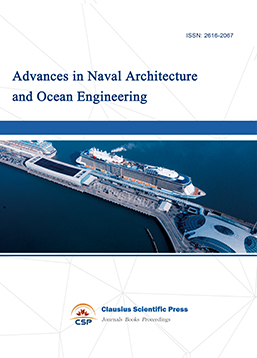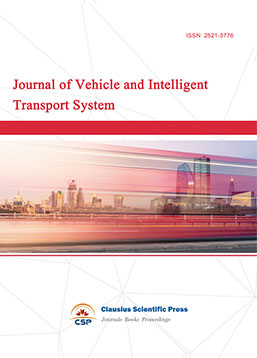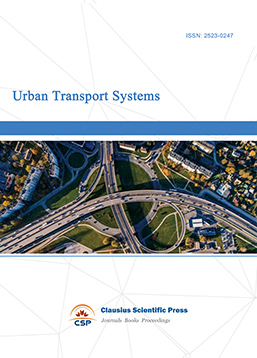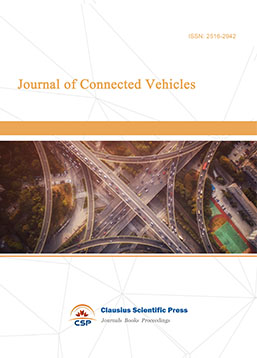Research on Traffic Congestion Prediction Based on XGBoost
DOI: 10.23977/ftte.2024.040101 | Downloads: 50 | Views: 3030
Author(s)
Wei Yu 1, Feifei Xie 2
Affiliation(s)
1 School of Automotive and Transportation Engineering, Jiangsu University, Zhenjiang, 212013, China
2 School of Business, Anhui University, Hefei, 230601, China
Corresponding Author
Wei YuABSTRACT
Accurate prediction of road congestion is imperative for improving road utilization, thereby reducing economic losses and enhancing traffic management efficiency. Employing the XGBoost algorithm, this study integrates both temporal and spatial dimensions into the prediction of road congestion. Analysis of road congestion box plots across various coordinates and directions reveals significant disparities in traffic congestion coefficients, indicating a close relationship between the spatial dimension and traffic congestion conditions. Additionally, discernible variations in congestion coefficients between weekdays and non-workdays highlight a crucial association between traffic congestion conditions and time. The model incorporates spatial and temporal data to predict and simulate real Chicago road traffic conditions. Comparative analysis between actual and predicted values demonstrates the model's alignment with real data, attesting to its excellent predictive efficiency. Finally, elucidation of the influence of each variable on the traffic congestion prediction model is achieved through the feature importance ranking.
KEYWORDS
Congestion, XGBoost Algorithm, Spatio-Temporal Distribution, Feature Importance RankingCITE THIS PAPER
Wei Yu, Feifei Xie, Research on Traffic Congestion Prediction Based on XGBoost. Frontiers in Traffic and Transportation Engineering (2024) Vol. 4: 1-8. DOI: http://dx.doi.org/10.23977/ftte.2024.040101.
REFERENCES
[1] Lin Lichun, Liu Hua, Hong Dong. Traffic congestion prediction technology based on big data analysis [J]. Western Transportation Science and Technology, 2020, 000(009):138-141.
[2] Tang Zhikang, Wang Weizhi, Tan Weixin. Research on traffic congestion prediction based on Bagging [J]. Journal of Jimei University: Natural Science Edition, 2006, 11(2):5.
[3] Gu Liqiong, Song Zukang, Yang Yang. Traffic congestion prediction based on improved support vector machine model [J]. Software Guide, 2019, 18(12):5.
[4] Zhang Wei, Hu Fangrui, Qi Wei, et al. Evaluation of geologic hazard susceptibility based on XGBoost and cloud model [J]. Chinese Journal of Geological Hazards and Prevention, 2023, 34(6):1-10.
[5] Pahari P K, Vyas S, Aman S, et al.Therapeutic Options for the Treatment of 2019-Novel Coronavirus in India: A Review[J].Coronaviruses. 2022(2):3.
| Downloads: | 910 |
|---|---|
| Visits: | 60198 |

 Download as PDF
Download as PDF


